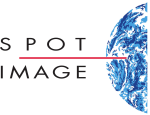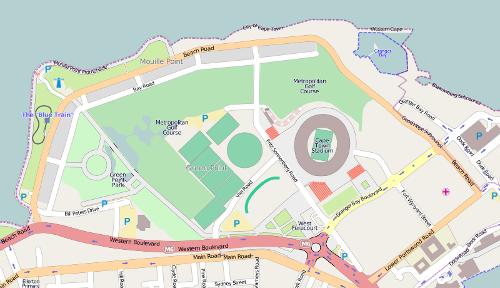Short feedback cycles are important.
If you edit in openstreetmap you pretty much instantly see your data up there. You can download it again, as can others. It’s instantly integrated. Some things lag a little, you may have to wait a minute for the tiles to be rerendered correctly and maybe your browser cache needs a flush, but we’re about there.
When you have a short feedback cycle, it means that your users get a little drop of serotonin. That makes them happy. It’s simple action and reaction. You get frustrated with your phone when it freezes momentarily because you’re losing the feedback you expect. When you get feedback in a creative process like making a map it makes you want to map more. It’s addictive.
Consider then the antithesis. I just got an email from Wolfram Alpha, a very fun site, about feedback I gave about a year ago.
Google Maps is similar. If you click the little ‘report problem’ button then you might get an email in 3-6 months that it’s been fixed. Perhaps that’s why Google has recently decided to hire 300 people – to close that loop a bit.
I say that’s dumb. Get the hell out of my way. I don’t need an appointed faceless employee somewhere to tell me what a good job I did 3 months after I did it. That falls on deaf ears if for no other reason than I’ve totally forgotten about it. Of course, if I get feedback quickly from a real human being then that can be very powerful.
Mahalo does this. Or at least used to. If you sign up then multiple hip, perky 20-somethings will ‘friend’ you very quickly and tell you how to get more involved. That comes across as either automated (and thus fake) and too much too soon (and thus fake).
So you need a balance in terms of timing, depth and breadth of feedback.
Waze and Google MapMaker introduce a few layers to try and help. Instead of submitting to an anonymous employee, you submit to a faintly anonymous area manager. This sidesteps the cost issue but not really the feedback issue. They take just as long to respond and don’t have the same incentive to be nice to you that an employee might.

















